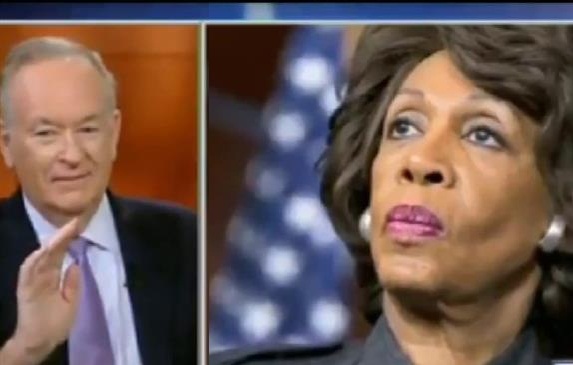
RNA - The hashtag #BlackWomenAtWork was kicked off on Tuesday after two prominent black women were insulted by two public figures on live TV.
On Tuesday, Fox News anchor Bill O’Reilly started firestorm after he joked on air about Congresswoman Maxine Waters’ hair.
O’Reilly said he was distracted during her speech because her hair looked like a “James Brown wig.”
“I am a strong black woman,” Waters tweeted in reaction to the remarks. “I cannot be intimidated, and I'm not going anywhere.”
Later in the day, White House Press Secretary Sean Spicer dressed down a black reporter, April Ryan, for shaking her head as he spoke.
Spicer accused Ryan of having a biased agenda and at one point told her to “stop shaking your head.”
African-American women have since taken to Twitter to share their real-life experiences at work and help address the issue.
“This happens to black women every day at work,” said Missouri-based activist Brittany Packnett, who kicked off the hashtag #BlackWomenAtWork after Spicer and O’Reilly’s offending remarks.
“Share your Maxine and April moments, so people don't think this is rare.” she said.
“Every black woman meets at least 3 @oreillyfactor's and 5 @seanspicer's a day #BlackWomenAtWork,” she tweeted moments later. “When I started #BlackWomenAtWork today I sadly knew it would trend. Not because I'm special. Because I know how we get treated.”
O’Reilly has apologized for his remarks, calling them “a dumb joke”. But Spicer has yet to comment on his controversial behavior.
Waters' late night tweet has been re-tweeted more than 31,000 times and the hashtag #BlackWomenAtWork has reached almost 2.5 million people.
Meanwhile, social media has exploded with outrage when users noticed that DC police had shared at least 20 missing person fliers on Twitter between March 19 and March 24, nearly a dozen of them black teens aged 11-17.
Police came under pressure to address the issue when some social media sites claimed that 14 Latina and black girls had gone missing over just 24 hours.
The reports led some people to believe that police were intentionally hiding the extent of the problem to avoid criticism.
According to official reports, 501 girls have been reported missing in the DC area since the beginning of 2017.
The DC Metro Police Department, however, refuted the claims, arguing that there was no increase in the number and if anything it had dropped from last year.
"We've just been posting them on social media more often,” said Rachel Reid, a spokesperson for the DC police.
Police noted that there were still 22 open cases involving missing teens in Washington, DC, as of March 22, and 13 open cases as of March 27.
847/940